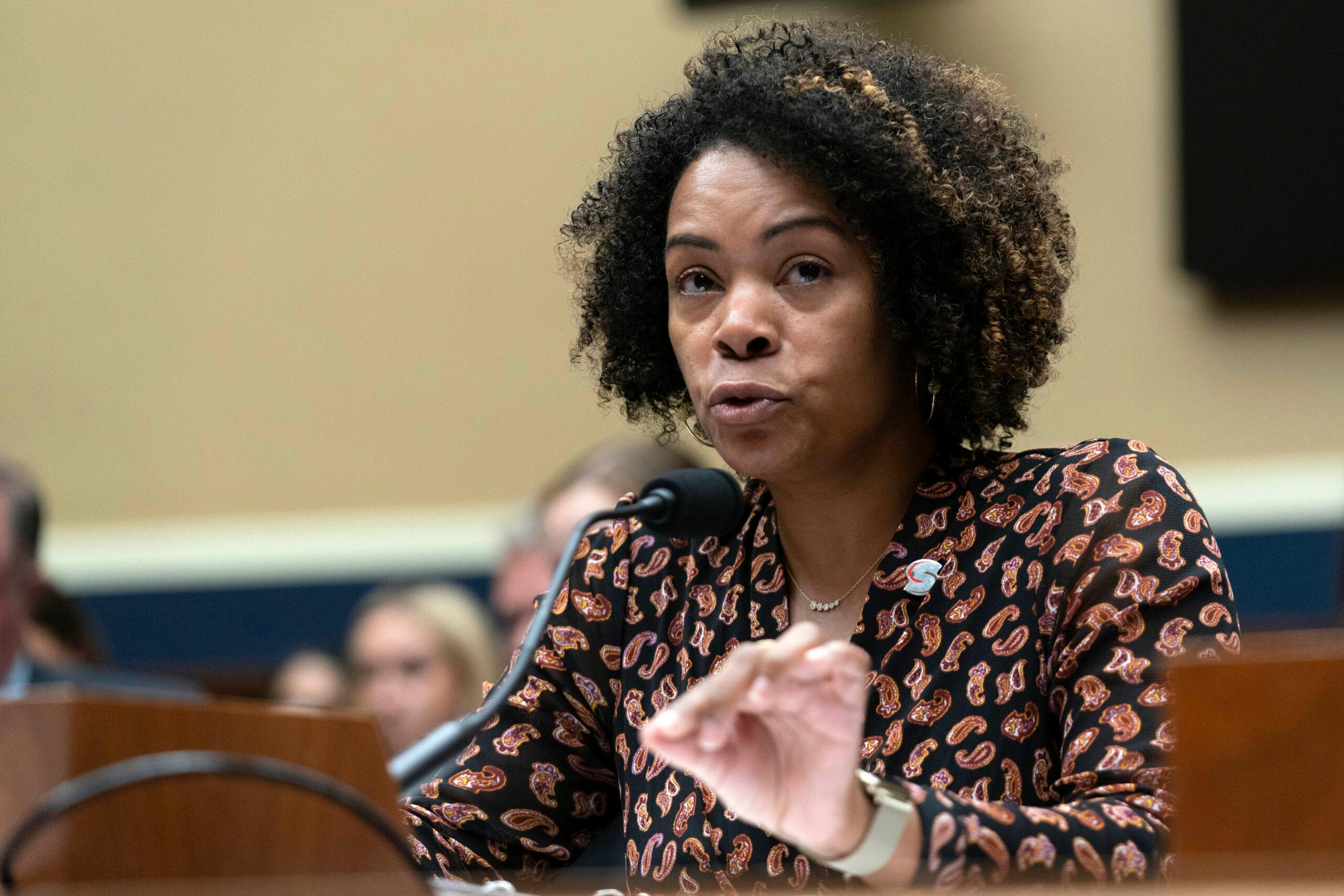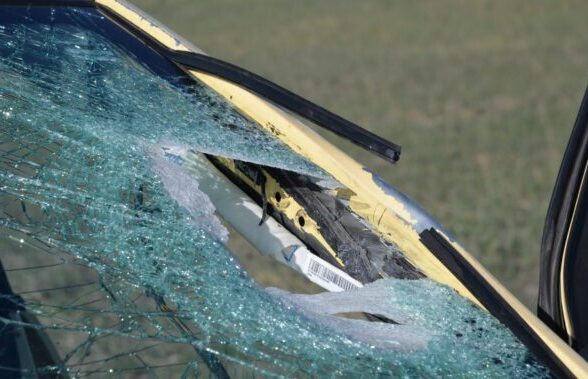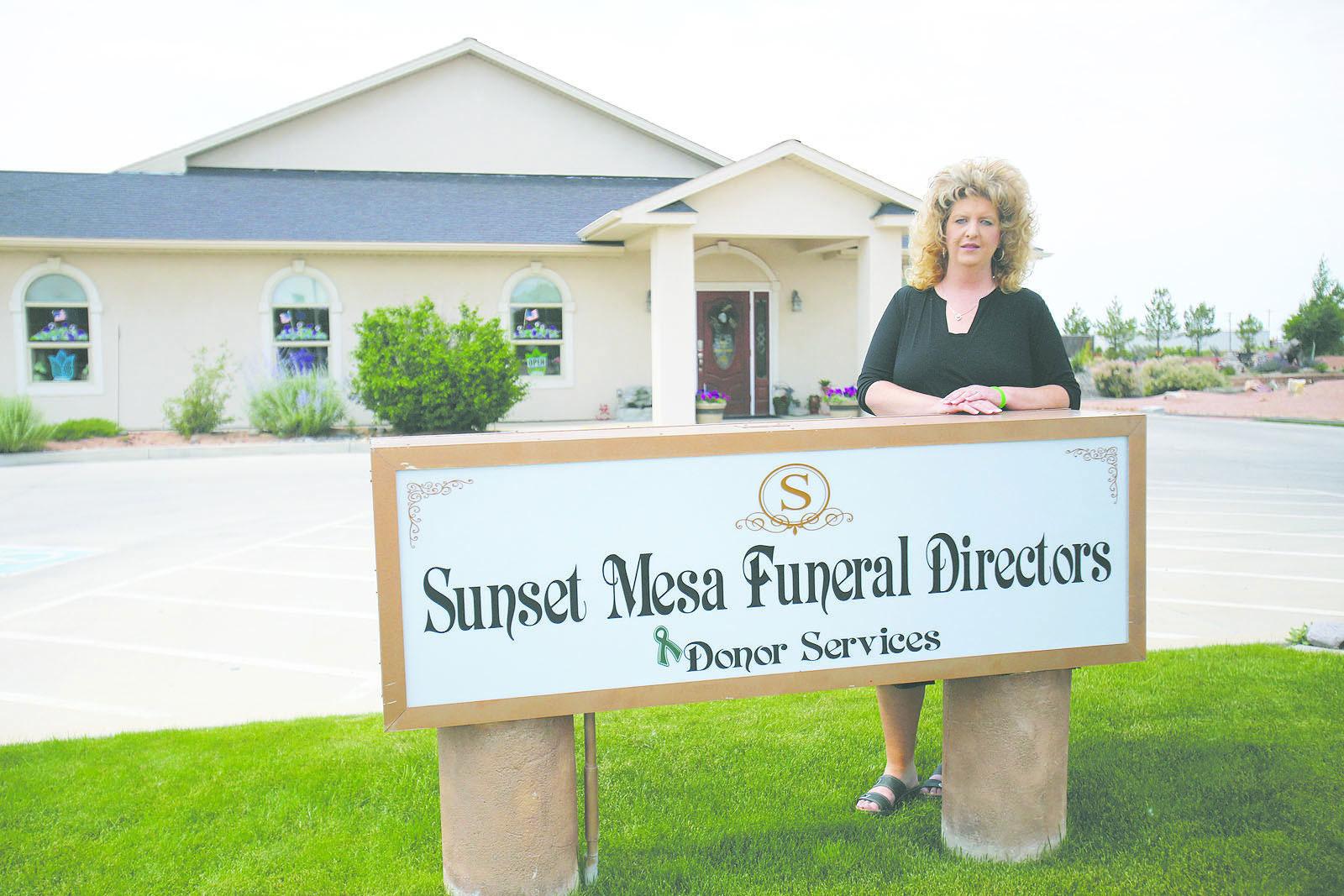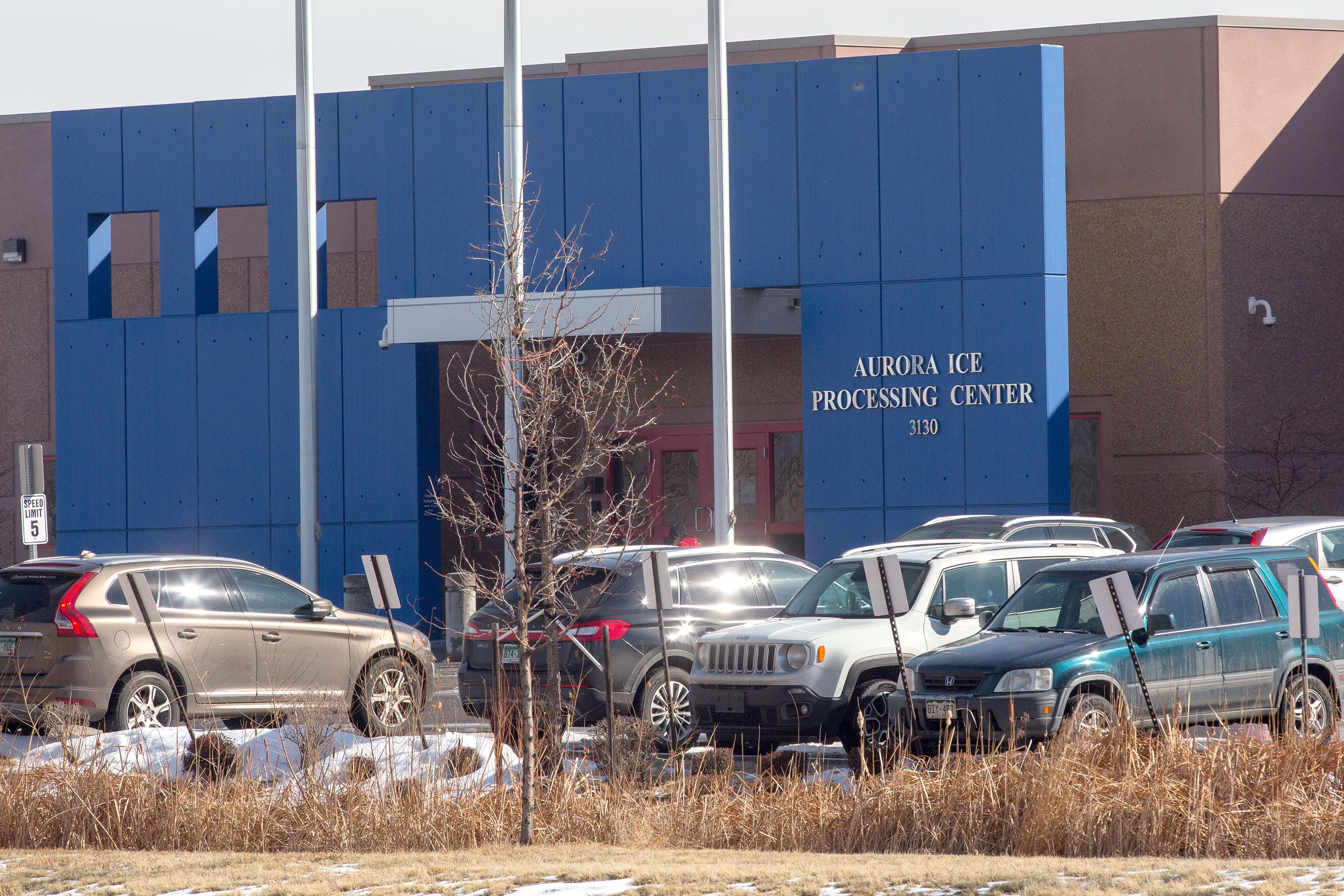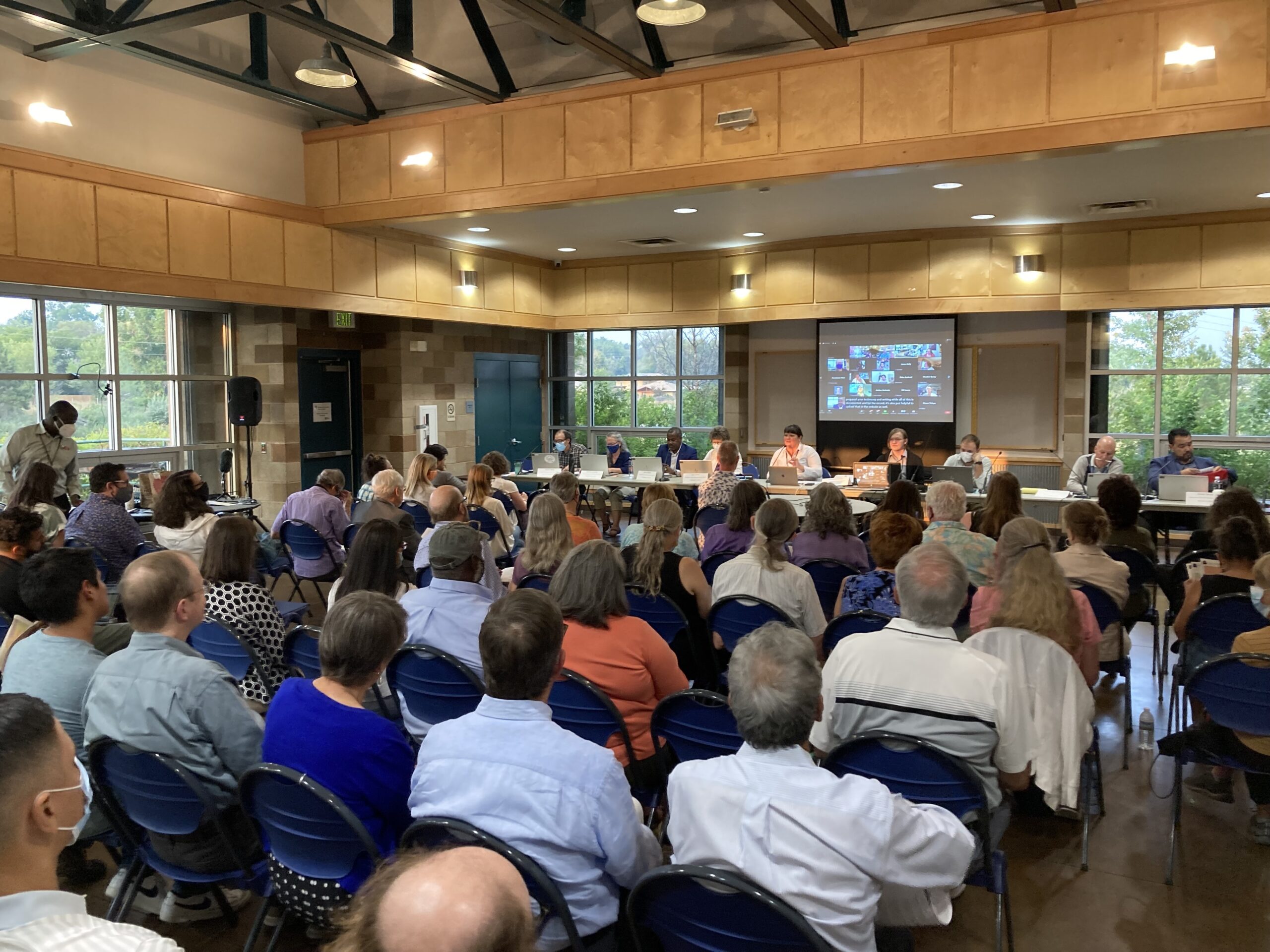
Three prominent Colorado Republicans did not violate lobbying rules with their work on redistricting last year, according to a decision from an administrative law judge.
Democratic attorney Mark Grueskin filed the original complaint, alleging that former state Sen. Greg Brophy, former state House Speaker Frank McNulty, and Republican strategist Alan Philp either failed to register as lobbyists while conducting meetings related to redistricting and proposing ideas for maps, or they didn’t properly disclose income related to their work.
Philp was the registered lobbyist for a group called the Colorado Neighborhood Coalition, which participated in the restricting process, and reported being paid $2,000 for his work. The complaint against him was dismissed early in the process. McNulty was CNC’s registered agent and Brophy was paid by the group, but never had an official contract with them. Neither registered with the state to lobby on redistricting.
In his decision, judge Matthew Norwood said for the most part the underlying facts in the complaint were true: Brophy and McNulty did separately meet with members of the redistricting commission and citizens about the process.
However, the judge concluded their activities didn’t meet the definition of lobbying.
Norwood said even though Brophy talked to groups in Colorado to encourage them to contact two commissioners and use language that would resonate with them, that “by itself, does not constitute the kind of activity that would require registration as a lobbyist.”
Likewise Norwood said McNulty was not lobbying the commissioners when he testified at a hearing in a private capacity and answered questions, nor during a separate time when he met with a commissioner and a former Republican Sec. of State. The judge says neither instance violed rules from the Secretary of State’s Office.
“The deficiency in proof in this case relates to the connection between the facts alleged and whether they establish that CNC (Colorado Neighborhood Coalition) paid the Respondents to advocate for any particular mapping approach. The evidence supplied did not establish such a connection,” wrote Norwood.
When it came to the work he did on the issue, McNulty explained, “You’re asked a question by these commissioners and you answer it … And ultimately the map Allen (Philp) submitted on behalf of CNC didn’t match the district boundaries I talked about.”
While the judge concluded there was no evidence that the people who filed the complaint did it for any “improper purpose,” McNulty feels differently.
"I think one of the things they were trying to do was intimidate Republicans in this process,” he said. “What the (judge) did was reaffirm the public’s right to participate in this process without intimidation."
In 2018 Colorado voters approved a new way to draw political lines to try to make the inherently political process less partisan, more fair, and also require competitive districts when possible.
The independent commissions removed politicians from the business of redrawing political lines for the state house and Congress, trying to replace party interests with public input and requiring more transparency for lobbyists and meetings. Anyone being paid to try to influence the process was required to register with the Secretary of State.
More on Colorado politics
- Lauren Boebert’s controversial actions have a lot of candidates hoping to replace her in Colorado’s District 3. Who are they?
- Colorado District 7: The Democratic and Republican candidates in the 2022 elections Congressional race
- Colorado District 8: who’s in the race to represent the most competitive seat in the state?
- Crime, COVID aid and cost of living: What Colorado lawmakers will focus on in the 2022 legislative session

